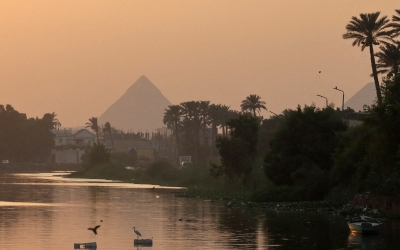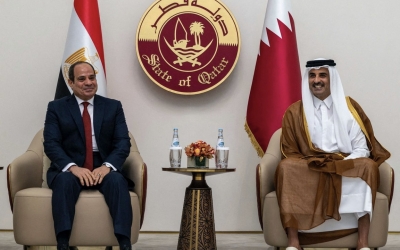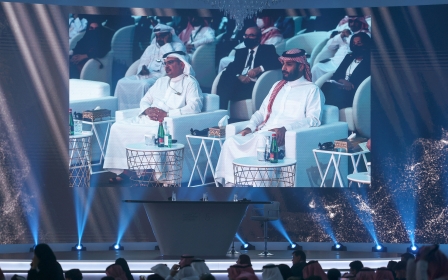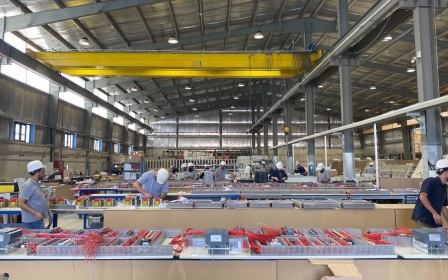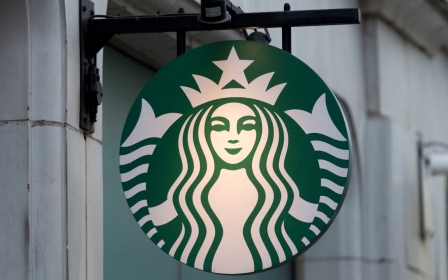Saudi Arabian wealth fund eyes $24bn investment in Arab states
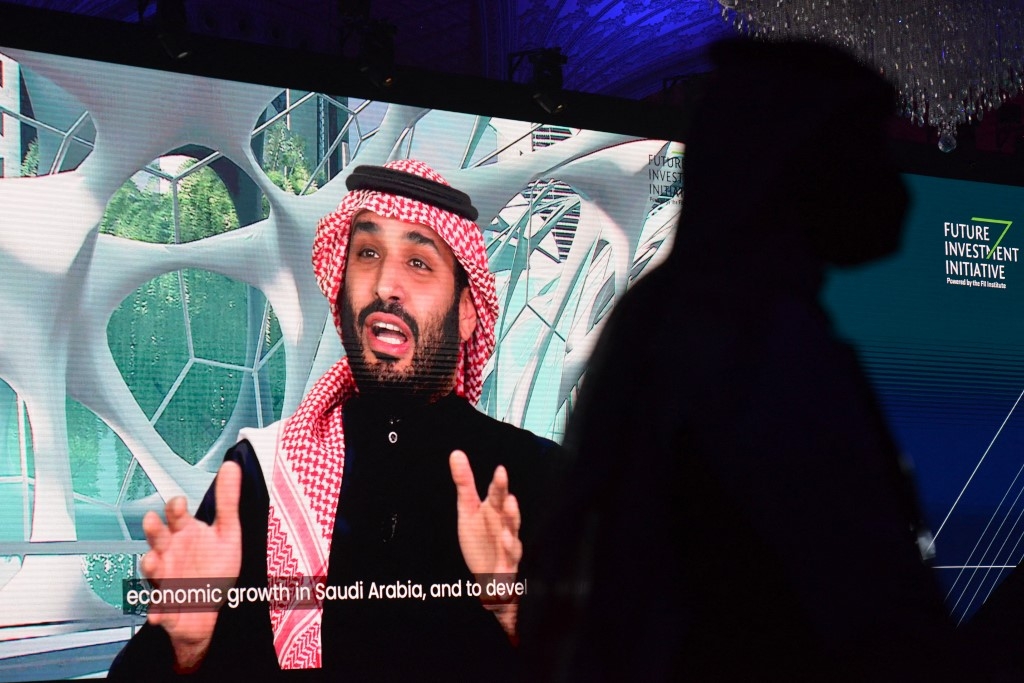
Saudi Arabia's Public Investment Fund (PIF) plans to invest $24bn across the Arab world, as the kingdom looks to boost its influence in the region.
The PIF said in a statement it would set up companies in Iraq, Jordan, Bahrain, Oman and Sudan to invest in industries ranging from infrastructure and manufacturing to healthcare and food.
The decision follows the PIF's establishment of a company in Egypt earlier this summer to facilitate new investments. The PIF acquired $1.3bn-worth of minority stakes in some of Egypt's most prominent sectors, including fertiliser and technology companies.
Egypt has emerged as a prime example of energy-rich Gulf states stepping in with investments in neighbours whose economies have been battered by the global economic downturn and the war in Ukraine.
Emirati investments in Egypt more than doubled during the first half of the 2021-2022 fiscal year. Meanwhile, Qatar has pledged to inject $5bn dollars in the struggling North African country.
While the investments have been welcomed by the indebted government of President Abdel Fattah el-Sisi, they have drawn the ire of some who believe Cairo is selling out national assets after spending big on arms purchases and the construction of a lavish new capital city.
'Not charity'
Besides shoring up their neighbours, analysts say Gulf states are looking to profit from the acquisitions.
"Investments from the Gulf have been a lifesaver to the Egyptian economy, but Egypt is also a good place to do business," Mirette Mabrouk, founding director of the Middle East Institute's Egypt programme, told MEE.
"This money isn’t charity - it's investments, and the Gulf expects to make their money back."
The countries where Saudi Arabia plans to open new investment offices have been hit by geopolitical instability and global economic headwinds.
Unemployment in energy-poor Jordan is at 24 percent, and double that for the kingdom's youth. Sudan has seen international aid dry up after the military's ousting of a democratic transition government. Iraq has been beset with political tensions.
"[The new subsidiaries] will contribute to an increase in regional investment opportunities for PIF's portfolio companies and Saudi Arabia's private sector, bolstering attractive financial returns over the long term, and creating more avenues for strategic economic collaboration with the private sector in the target countries as well as enabling the Saudi private sector," the PIF said in a statement.
The wealth fund is chaired by Crown Prince Mohammed bin Salman and has emerged as the main vehicle for his attempts to overhaul the kingdom's oil-dependent economy. This summer it purchased $7bn of shares in US companies including Starbucks, Zoom and Microsoft.
The fund was the world's second-most active state investor between January and October, according to the wealth fund tracker Global SWF. The PIF plans to grow its $620 billion in assets to more than $1tn by 2025.
Middle East Eye delivers independent and unrivalled coverage and analysis of the Middle East, North Africa and beyond. To learn more about republishing this content and the associated fees, please fill out this form. More about MEE can be found here.


